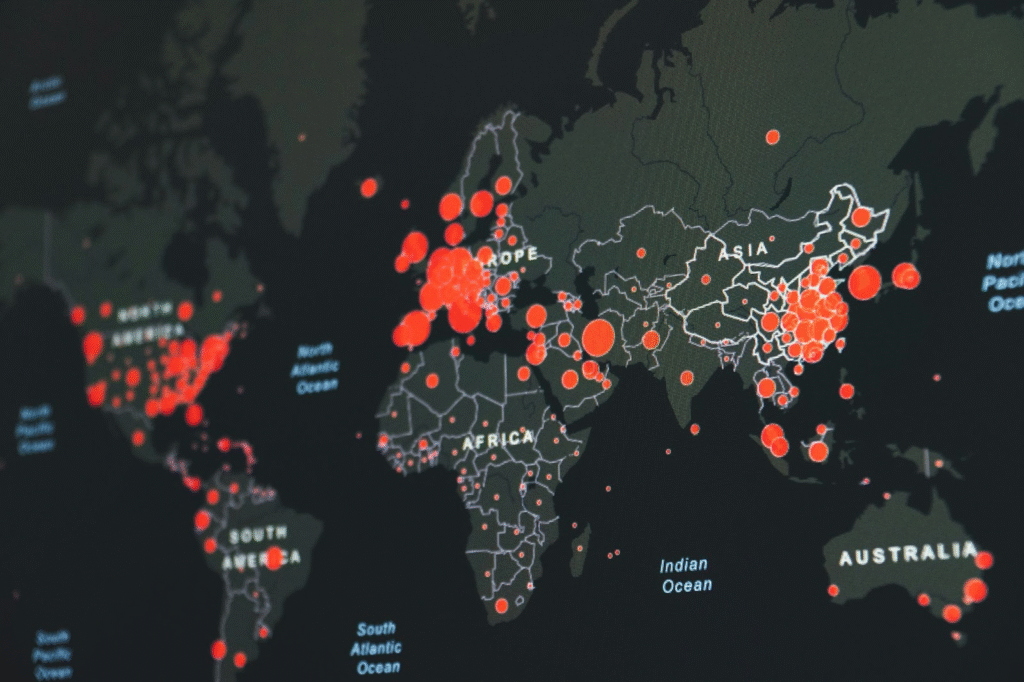
Nvidia and OpenAI have announced one of the largest partnerships in AI history: a $100 billion investment to create at least 10 gigawatts of compute capacity by 2026. This deal cements Nvidia not just as the leader in GPUs, but as a co-architect of the future of AI infrastructure. For OpenAI, the partnership unlocks unprecedented access to compute resources critical for advancing ChatGPT, multimodal models, and agent-style automation. For businesses and governments, the implications are sweeping: cheaper access to AI, faster innovation cycles, and deeper integration of generative AI into everyday tools.
The Deal in Context
Nvidia’s $100B bet represents the single largest capital allocation ever made toward AI infrastructure. Historically, hyperscalers like Amazon, Microsoft, and Google dominated cloud compute. But this deal positions Nvidia as both supplier and partner — blurring the line between hardware vendor and AI platform builder. The rollout begins in H2 2026, with the first gigawatt-scale data center set to come online, followed by global expansion across North America, Europe, Asia, and potentially Africa.
Business Impact
For enterprises, this deal means AI adoption costs will fall. As compute supply expands, expect cloud credits, cheaper inference, and faster model upgrades. Productivity applications, design tools, and enterprise platforms will integrate more powerful AI features sooner than expected. For startups, the increased compute availability may level the playing field, allowing smaller players to train and deploy advanced models without prohibitive costs.
Why This Matters for AI Development
AI research thrives on compute. Larger datasets, longer training runs, and more sophisticated architectures require immense infrastructure. With Nvidia’s backing, OpenAI can accelerate the development of agentic AI, multimodal capabilities, and more energy-efficient architectures. This partnership also reinforces Nvidia’s software ecosystem (CUDA, TensorRT, AI Enterprise suite), making it the de facto backbone of modern AI development.
Global Implications
Globally, the deal signals intensifying competition between the U.S. and China in AI supremacy. By consolidating compute power under U.S.-based players, the West strengthens its control over foundation models and AI applications. This could lead to greater fragmentation, where regions develop sovereign AI stacks to reduce dependency on foreign compute. It also raises questions about energy usage: 10 gigawatts is equivalent to powering millions of homes, sparking debates about sustainability and green AI.

AI in Africa
For Africa, Nvidia’s expansion may unlock opportunities to access compute infrastructure previously out of reach. Partnerships with African cloud providers and governments could accelerate AI adoption across sectors like finance, agriculture, and healthcare. However, affordability and connectivity remain challenges. African startups must strategize on lean, retrieval-heavy models that maximize efficiency while pushing for inclusion in global compute access initiatives.
Why You Should Care
If you’re a business owner, this partnership will make advanced AI tools cheaper, faster, and more reliable within the next two years. If you’re an AI builder: expect more accessible infrastructure, but also fiercer competition as barriers to entry lower. If you’re in emerging markets like Africa, prepare for a surge of accessible AI tools — but push for policies that ensure equitable access.
Conclusion
Nvidia’s $100B partnership with OpenAI is more than a corporate deal — it’s a historic bet on AI becoming the central engine of the global economy. By expanding compute capacity, Nvidia and OpenAI will accelerate innovation, reshape industries, and redefine competitive dynamics. The question is no longer whether AI will transform business, but how quickly and who gets to benefit. Early adopters, particularly in SMEs, stand to gain the most.
Stay ahead of the AI curve. Follow Find AI For That for weekly deep dives on the biggest AI news, daily video scripts, and curated tools to help you adopt AI with confidence. Visit findaiforthat.com.


